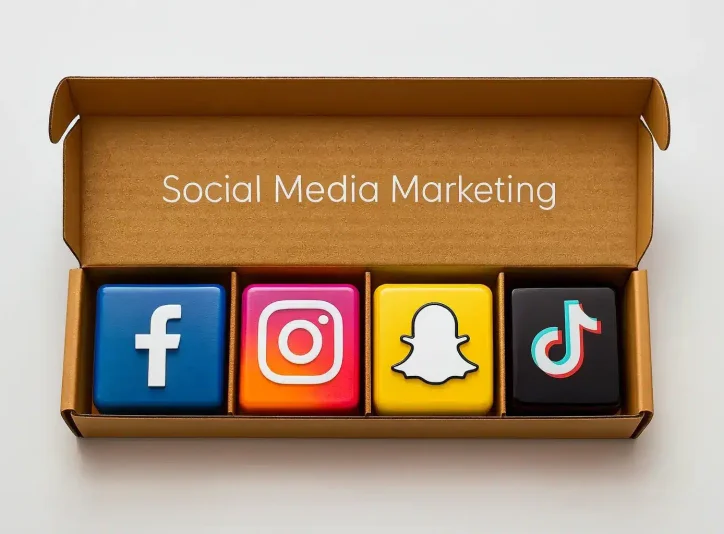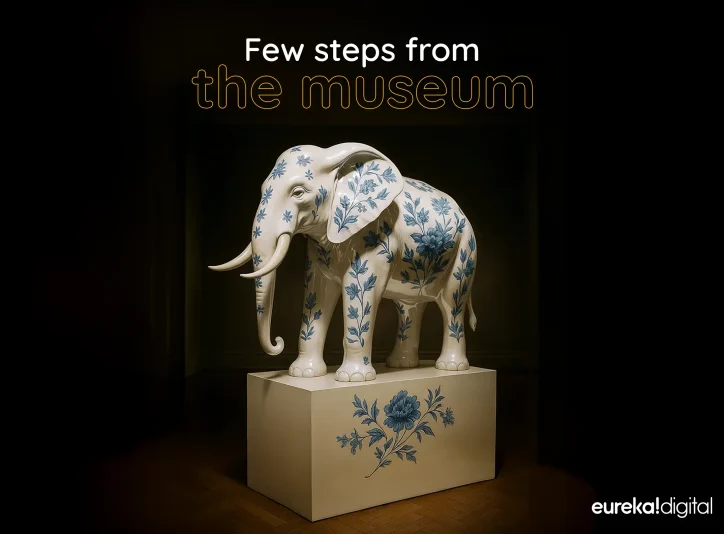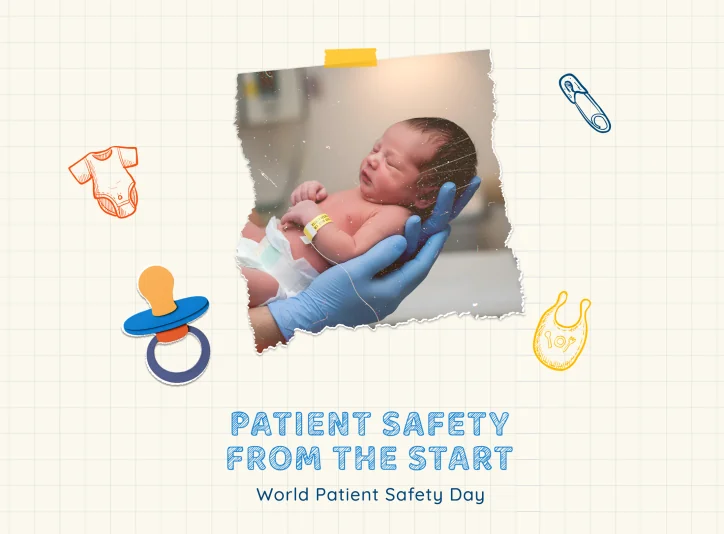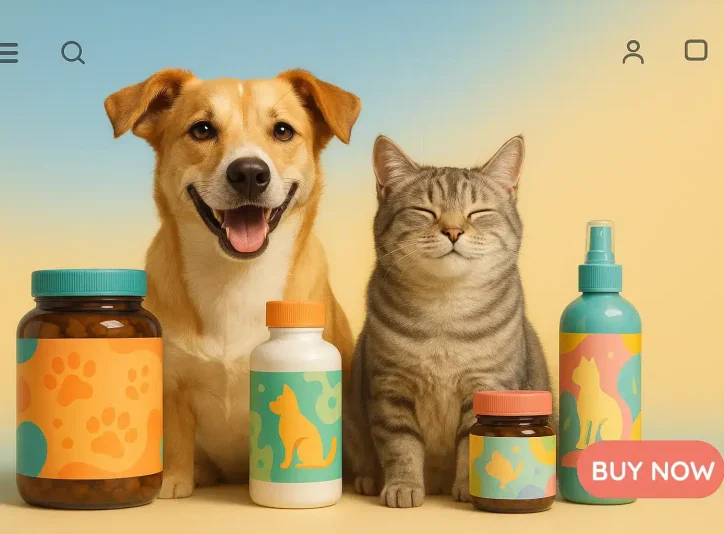A common question we hear from pharma, health, and wellness brands is:
“Why do I need a mobile app if I already have a website?”
It’s a valid question! Your website might be responsive, rich in valuable content, and optimized for search engines. But in 2025, a website alone is no longer enough to meet your audience’s expectations or drive long-term engagement.
In the GCC region, especially in the UAE and Saudi Arabia, more people are embracing mobile-first healthcare experiences. Patients are managing their wellness journeys directly from their phones. Doctors are relying on apps to stay connected, informed, and efficient.
That’s why forward-thinking brands are investing in mobile app development services to stay relevant, competitive, and connected to their users.
Let’s explore the key questions every decision-maker should be asking:
Q1: Why do pharma, health, and wellness brands need mobile app services?
Because mobile apps offer something websites can’t; consistent, personal, and real-time engagement.
Imagine this:
- A doctor quickly checks dosage recommendations and clinical guidelines using your HCP app
- A patient receives a reminder to take their supplement or refill a prescription
- A customer tracks hydration, books a consultation, and gets personalized product recommendations

While websites are often visited once during a search, mobile apps bring users back regularly. They support deeper interaction, build retention, and strengthen brand loyalty over time.
These benefits go beyond what websites deliver, which is why mobile application development is now a core part of the digital strategy for health and wellness brands
Read more: Pharma Web Development Guide: Website Types and Smart Features That Deliver Results
Q2: What can mobile apps do that websites can’t?
Here are the key benefits that make mobile apps more powerful than websites:
- Push notifications to remind users about health tips, product updates, and prescription refills
- Offline access for patients in areas with limited connectivity
- Faster load times for a smoother, more responsive experience
- Device integration, including camera, GPS, and health trackers
- App store visibility makes it easier for users to discover your brand in platforms like the App Store and Google Play.

A mobile app lives on your customer’s phone, ready to support them throughout the day, not just when they search.
This level of continuous, personalized engagement is only possible through smart mobile application development that’s built with the user’s daily habits, needs, and behaviors in mind.
Q3: Are there different features for patient apps and HCP apps?
Yes, and understanding these differences is essential for building an effective and engaging experience.
Patient-facing apps often include:
- AI-driven personalization for smart alerts, tailored recommendations, and adaptive content
- Health and wellness tracking (e.g., vitals, hydration, activity)
- Appointment scheduling with reminders and calendar integration
- Telemedicine functionality with secure video calls and real-time chat
- Product education with guided usage instructions and health content
- Shopping and lifestyle support for wellness and personal care items
- Gamification elements like badges, streaks, and rewards to boost motivation
- Progress tracking and motivational feedback to keep users engaged
HCP-facing apps are designed for clinical efficiency and include:
- eDetailing and up-to-date product information
- Drug interaction tools and dosage calculators
- Secure, encrypted messaging for professional communication
- CME modules and case logging tools to support ongoing medical education
At Eureka Digital, we tailor every mobile app to the specific needs, goals, and behavior of the target audience, whether it’s patients or healthcare professionals.
Read more: Understanding Digital Behavior: HCPs vs. Patients
Q4: What are the top criteria for healthcare mobile apps?
Whether you’re building an app for patients or healthcare professionals, these are some of the most essential and in-demand criteria for mobile application development in 2025:
- Data privacy and compliance that meets HIPAA, GDPR, UAE’s PDPL, and Saudi Arabia’s SFDA regulations
- Minimalist UI focused on clarity, simplicity, and intuitive navigation
- Seamless onboarding with fast registration, user-friendly flows, and bilingual (Arabic/English) language support
These criteria not only improve usability but also enhance patient outcomes, foster trust, and drive long-term engagement.
Q5: Is it complicated to build a healthcare mobile app?
Not necessarily, you can do it in five clear steps:
- Define your goal and audience
- Decide what features and designs will support that goal
- Build and test the app carefully
- Launch on Google Play and the App Store
- Monitor performance and make improvements
Is it really that easy? Actually no, but it can be when you have a partner who understands both technology and healthcare.
You don’t need to figure it all out on your own.
Eureka Digital offers mobile app development services tailored to the health and wellness industry.
Q6: What is the next step to build your mobile app?
Contact Eureka Digital now!
Let’s bring your vision to life with mobile app development services designed to engage, retain, and deliver real value.







